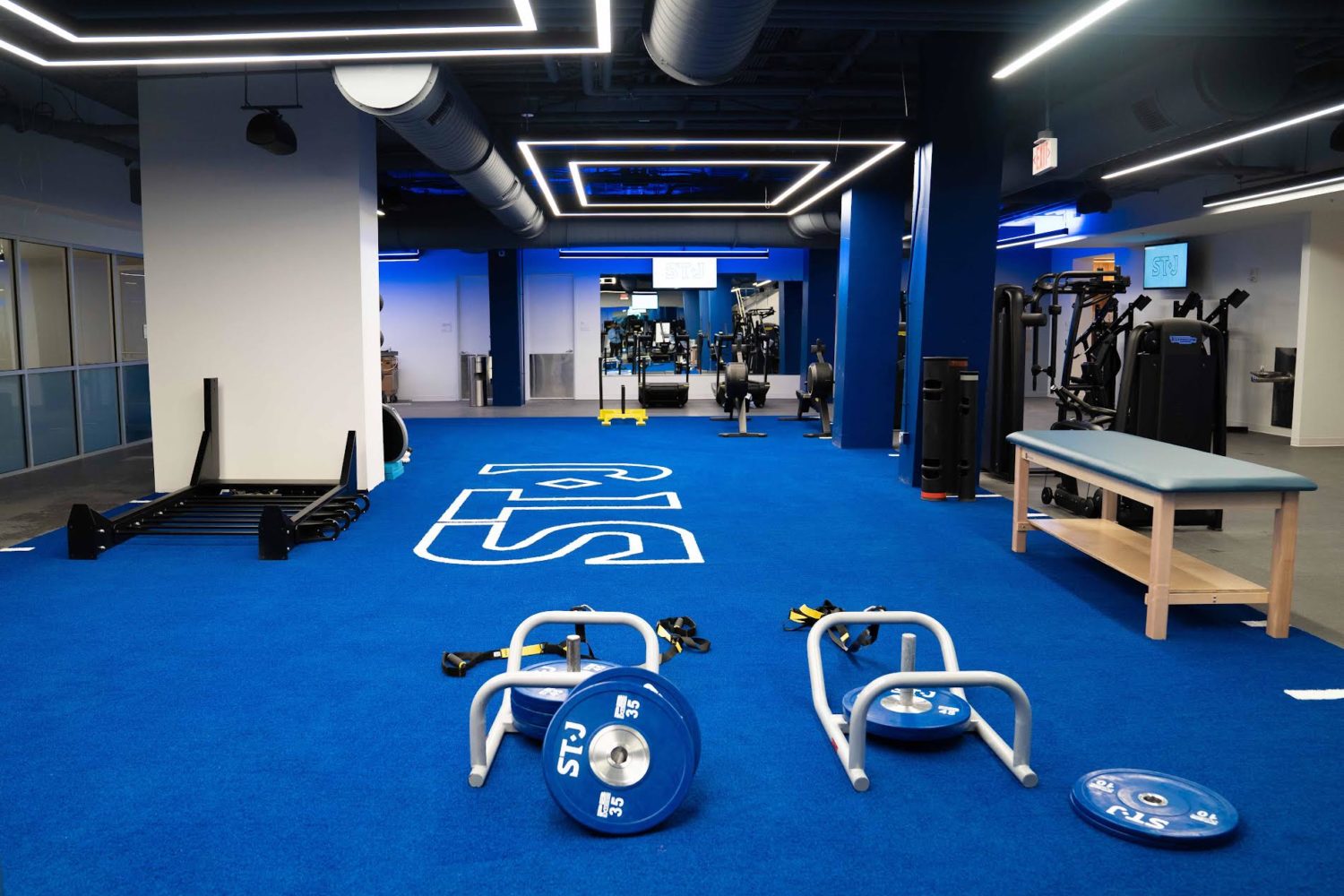For a year, Tina and Neal Mollen pored over Web sites and assisted-living guidebooks trying to find a residence for Alfred, Neal’s 91-year-old father. Alfred could no longer live alone in Richmond, where he had spent most of his life, and the Mollens were grappling with the idea of moving him. “You don’t know what you’re doing,” says Tina, “and it’s such an emotional process.”
Though it can be hard, Elinor Ginzler of AARP stresses doing a thorough search for the right assisted-living facility rather than settling for the first available spot. She repeats what has become a mantra among elder-care experts: “When it comes to assisted living, if you’ve seen one . . . you’ve only seen one.”
Ginzler and other experts offer advice on important questions to ask.
What Care Is Provided?
Assisted-living centers cater to people who need help with daily tasks, such as getting dressed in the morning, but don’t need the extensive care provided by nursing homes.
Alfred Mollen, who has been at Sunrise Living in Alexandria since April, gets around with a walker and is fairly independent. When looking at residences, Tina Mollen asked about the assistance he would get. “Sometimes, it’s helping him get dressed in the morning or little grooming things, like helping him with his nails. When he needs it, they’re there.”
There is no standard level of care that assisted-living facilities are expected to provide. Eric Carlson, director of the National Senior Citizens Law Center Long Term Care Project, suggests making a checklist of medical needs. “You can look up facilities and see what their level of care covers,” he says, “whether it includes helping them out of bed every morning or helping them with medicine.”
Is the Facility Well Run?
State offices in DC, Maryland, and Virginia produce inspection reports or “statement of deficiencies” reports for all assisted-living facilities. These documents can tell you everything from how clean a place is to whether it has ever denied medical treatment to a resident. Nursing homes are required to post these reports, but assisted-living facilities aren’t, so ask managers for a copy.
Lydia Williams, who works for the DC long-term-care ombudsman, says the most effective way to check out a facility is to visit—more than once. “Don’t let aesthetics fool you,” she says. “A place may be beautiful, but you have to know the exact arrangements you are getting into.”
Talking to residents is a good way to get insider information. Carlson suggests asking about the specifics of daily life, such as the quality of the food.
Can They Handle Emergencies?
Toby Edelman of the Assisted Living Consumer Alliance says you should pay attention to the staff while visiting. “You want to ask questions about who is available,” she says. “What kinds of aides and nurses are there? What hours do they work? Is there someone equipped to deal with medical emergencies? People assume that the staff is trained to deal for medical emergencies at all times, and this may not be the case.”
Edelman cites an example reported by the Des Moines Register: A facility promised residents it had two nurses on call. It was later discovered that the on-call nurses lived in Wyoming and Nebraska.
What If My Health Gets Worse?
“You need to be honest with yourself about care needs in the future. What happens if you need more?” Carlson says. “Many times, residents assume these things will just work out and are blind-sided when a facility says they cannot provide certain things.”
Jerry Kasunic, the DC long-term-care ombudsman, advises having a family doctor send a treatment plan and medical records to the facility. Then, prior to admission, the resident and family members should sit down with the facility director to draft an individualized plan, which describes specific services the facility will provide for the resident.
The plan should be reviewed every six months and marked with any changes a medical provider has seen in a resident’s health. If the resident needs additional care, options can include paying more or arranging for outside help to come in.
What Do I Look For in a Contract?
The contract, Kasunic explains, requires lots of attention. He says it’s best to turn to a legal center for help or ask a family lawyer to review the document. However, some families are pressed for time and need to move quickly. In these cases, Kasunic urges them to watch out for arbitration clauses that could essentially make residents sign their legal rights away.
Kasunic recalls a case in which a resident constantly wandered off the grounds: “They wanted his family to sign an agreement that said if something happened to him or if he were hit by a car, they would not be held responsible. What they should have been doing is having someone supervise him so he wouldn’t leave.”
Can I Change the Contract?
Don’t assume the terms of a contract are written in stone. “A lot of times people are accustomed to just signing things, so you want to take initiative,” says Carlson. “Get the agreement and mark it up—make revisions and return it to the facility.” Carlson has seen contracts returned with arbitration clauses blacked out or information added to ambiguous phrasing about financial charges or discharge policies. “You want to firmly have a conversation about the things you want,” he says.
Are There Hidden Fees?
When the Mollens were searching for facilities, it was often the contract that turned them away. “We were never sure how much money went to what charge or what certain things meant,” says Tina Mollen. “We needed it broken down.”
Mary Ann Parker, an attorney who works for the DC long-term-care ombudsman, has seen clients whose bills have been inflated for dining services or ambiguous community fees. “Before finalizing your plans with a facility, make sure you understand the services and what the costs are,” Parker says. “You need to know up-front what you will and will not be charged for.”
Some facilities have an in-house optometrist, dentist, and rehabilitation unit. Vanessa Bishop, a geriatric-care specialist with Elder Care Consultants, suggests finding out how much these services cost. “Also, it is important to know if you can provide your own private medical duty,” she says. Most facilities try to use their specialists instead of allowing residents to hire someone for their own 24-hour care.
Can I Get a Refund?
Some assisted-living facilities are continuing-care retirement communities (CCRCs), in which an elderly person resides permanently, moving from assisted living to nursing care when necessary. These facilities often require a lump-sum deposit.
To make the deposit, some people sell their homes and other assets. In some cases, if an elderly resident passes away, part of the deposit can go to his or her beneficiaries. Other times, if a resident wants to leave, a refund is possible if he or she moves out within 30 days, or the person might get a percentage of it within six months. “It varies from contract to contract,” says Peggy O’Reilly of the firm Fairfax Elder Law. “There are some cases in which, if you put money in, you never get it back.”
Can They Kick Me Out?
In DC, regulations lay out the specific instances in which a resident can be discharged—for example, if he or she becomes physically aggressive—but Virginia and Maryland have no such regulations, and policies vary. Virginia long-term-care ombudsman Joani Latimer says you should review stipulations in contracts that explain when residents can be discharged—or, in the case of CCRCs, when residents will be moved from assisted living to nursing care. “You want to be careful of vague phrasing that gives the facility the discretion to make their own decisions,” Latimer says.
Wording that says the facility will discharge you involuntarily if “it cannot meet your needs” often gives the residence too much discretion to decide what needs it can and cannot meet. Says Eric Carlson: “You really want specifics, like ‘the facility will discharge you if you require more than two staff members to assist you out of bed.’ ” If you do face a disagreement over involuntary discharge, you can contact the state ombudsman, who may be able to mediate a solution.
For the Mollens, reading the fine print seems to have paid off. Alfred Mollen’s transition has gone smoothly. He attends weekly performances by musicians who visit the facility and sees Tina and Neal almost daily. Says Tina: “We’re satisfied—but more importantly, he’s happy.”
This article first appeared in the November 2009 issue of The Washingtonian. For more articles from that issue, click here.



















